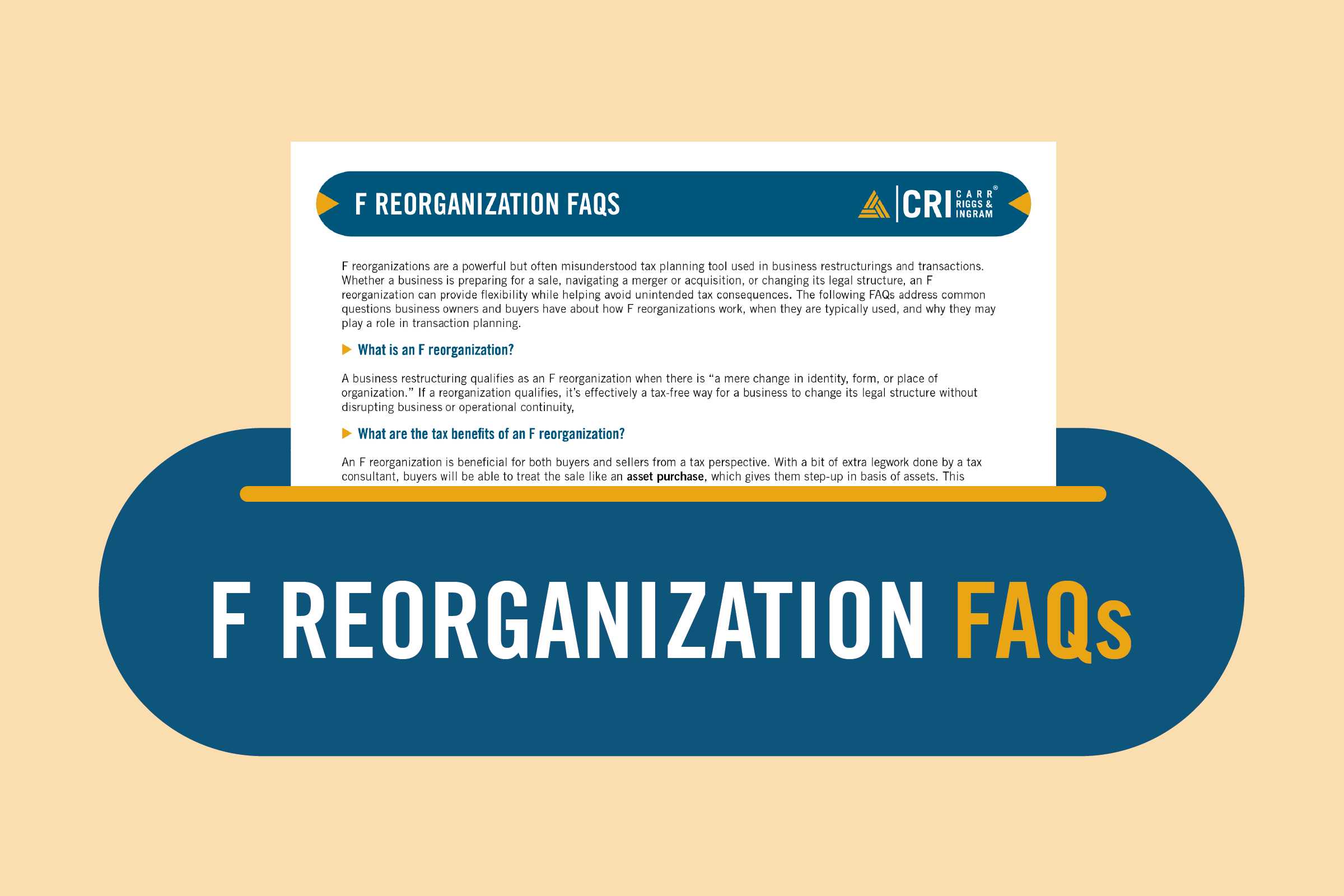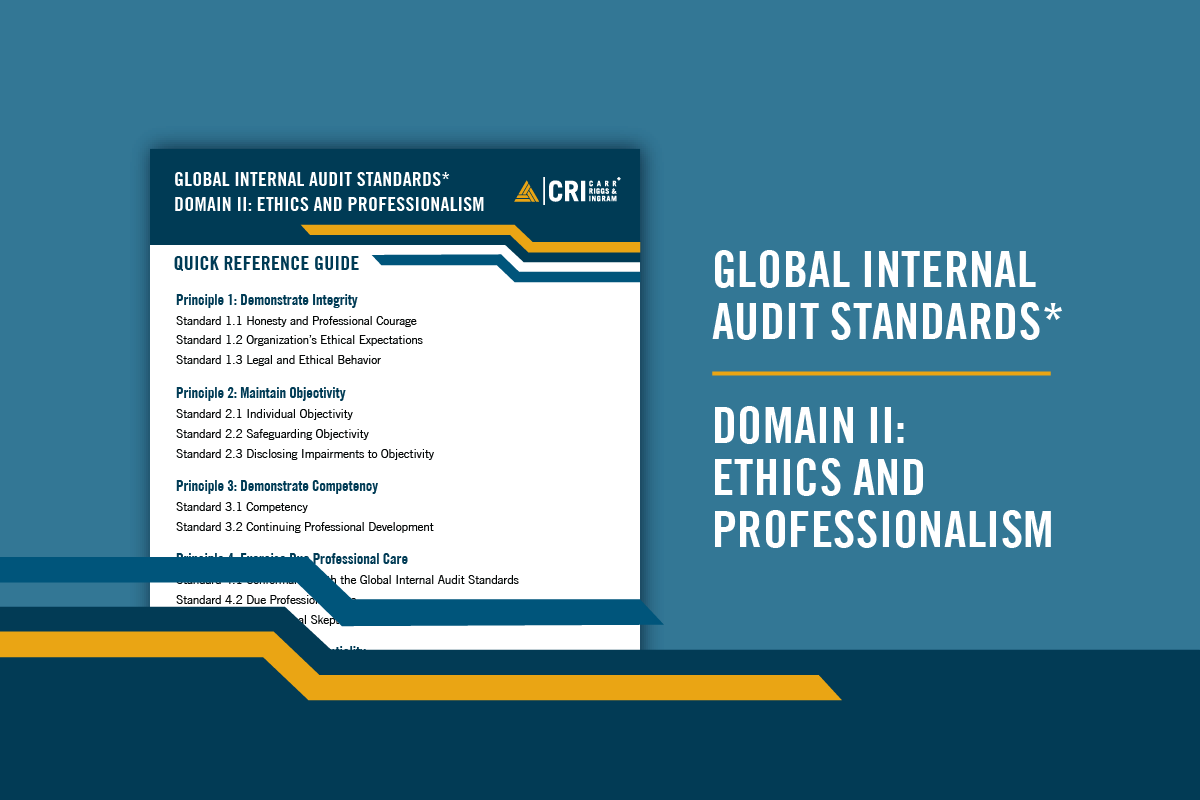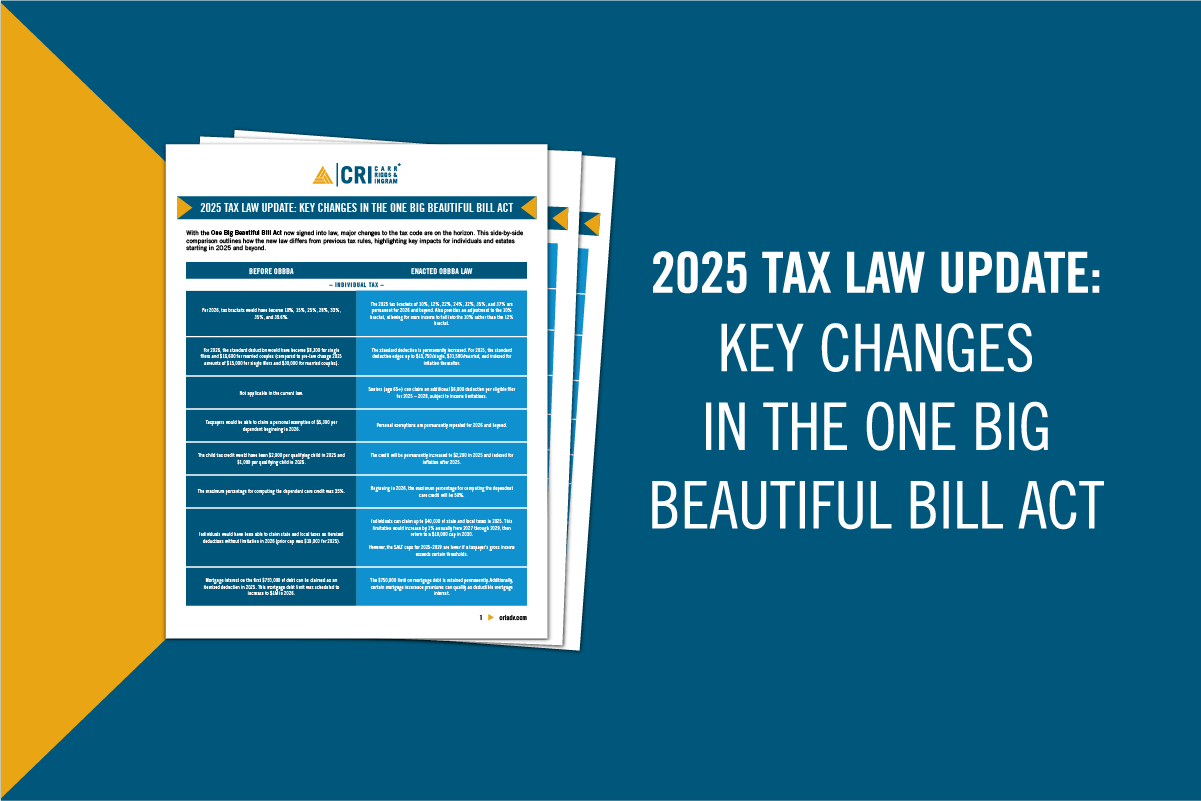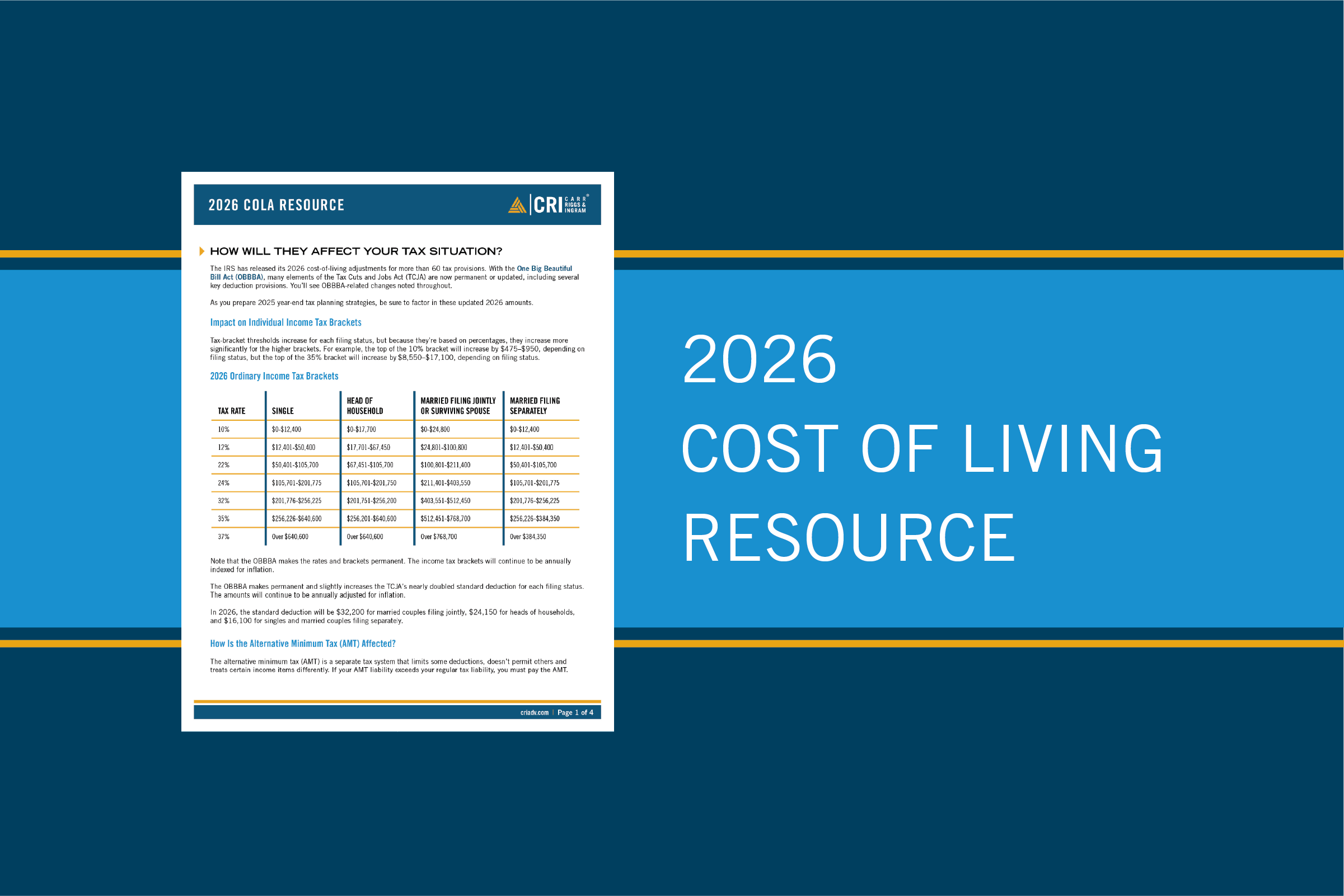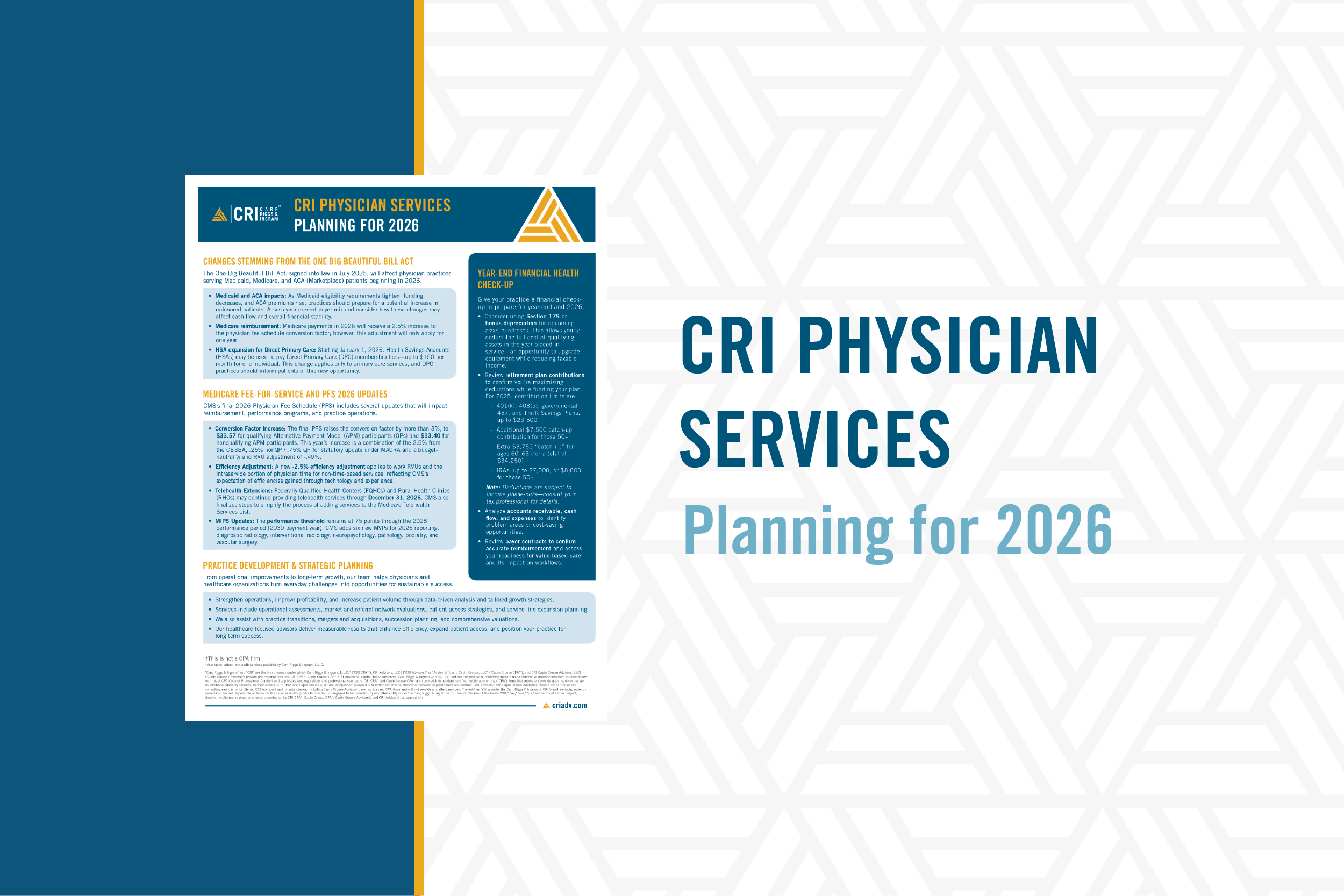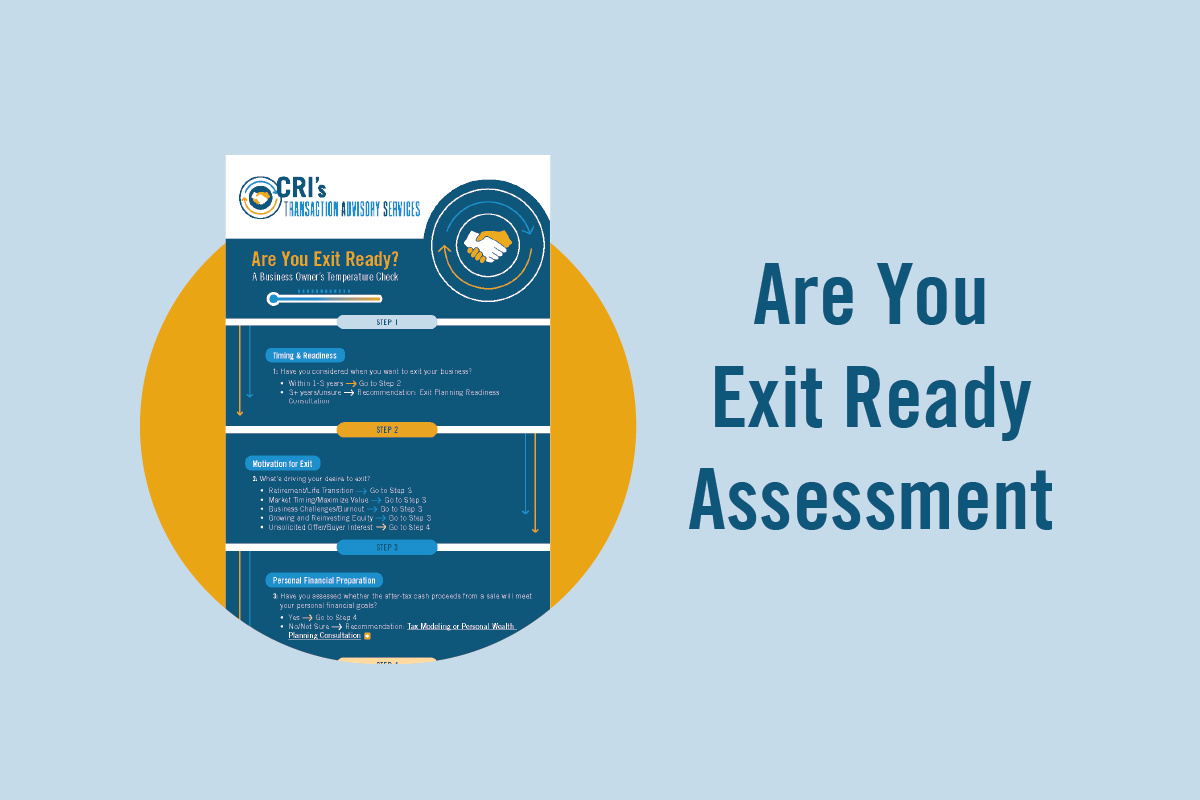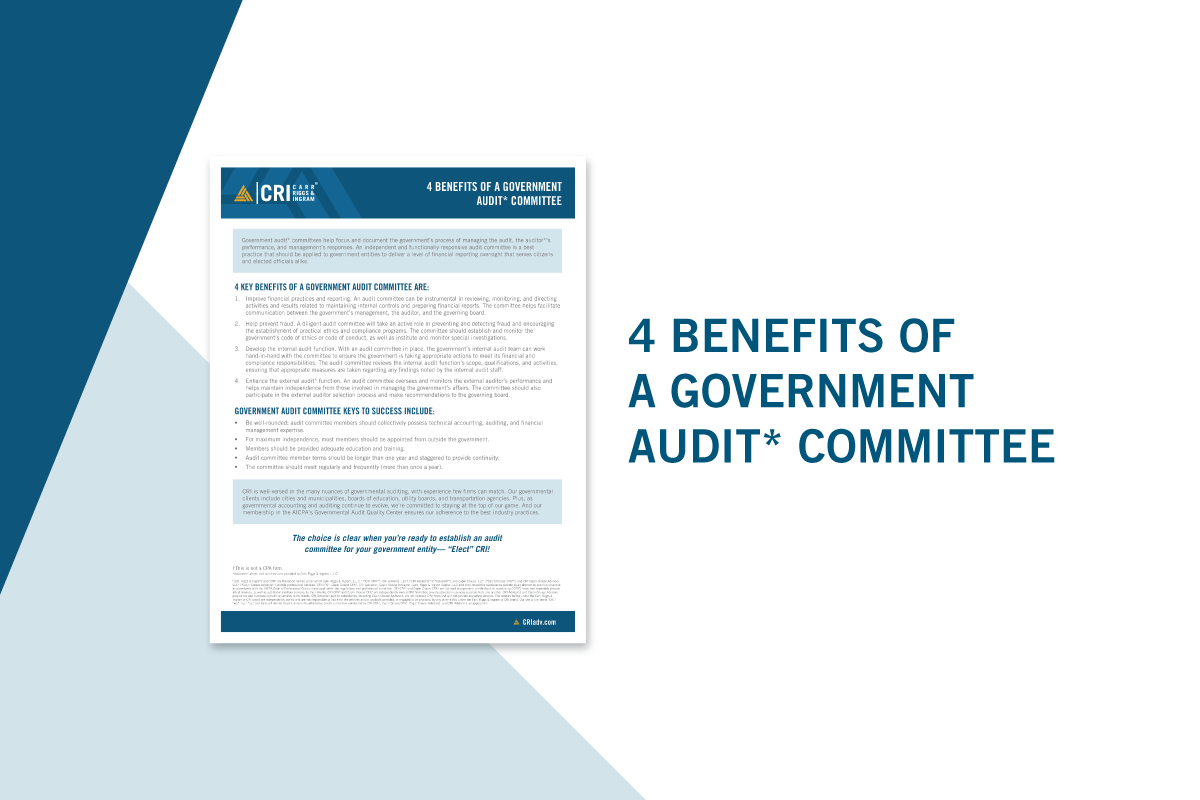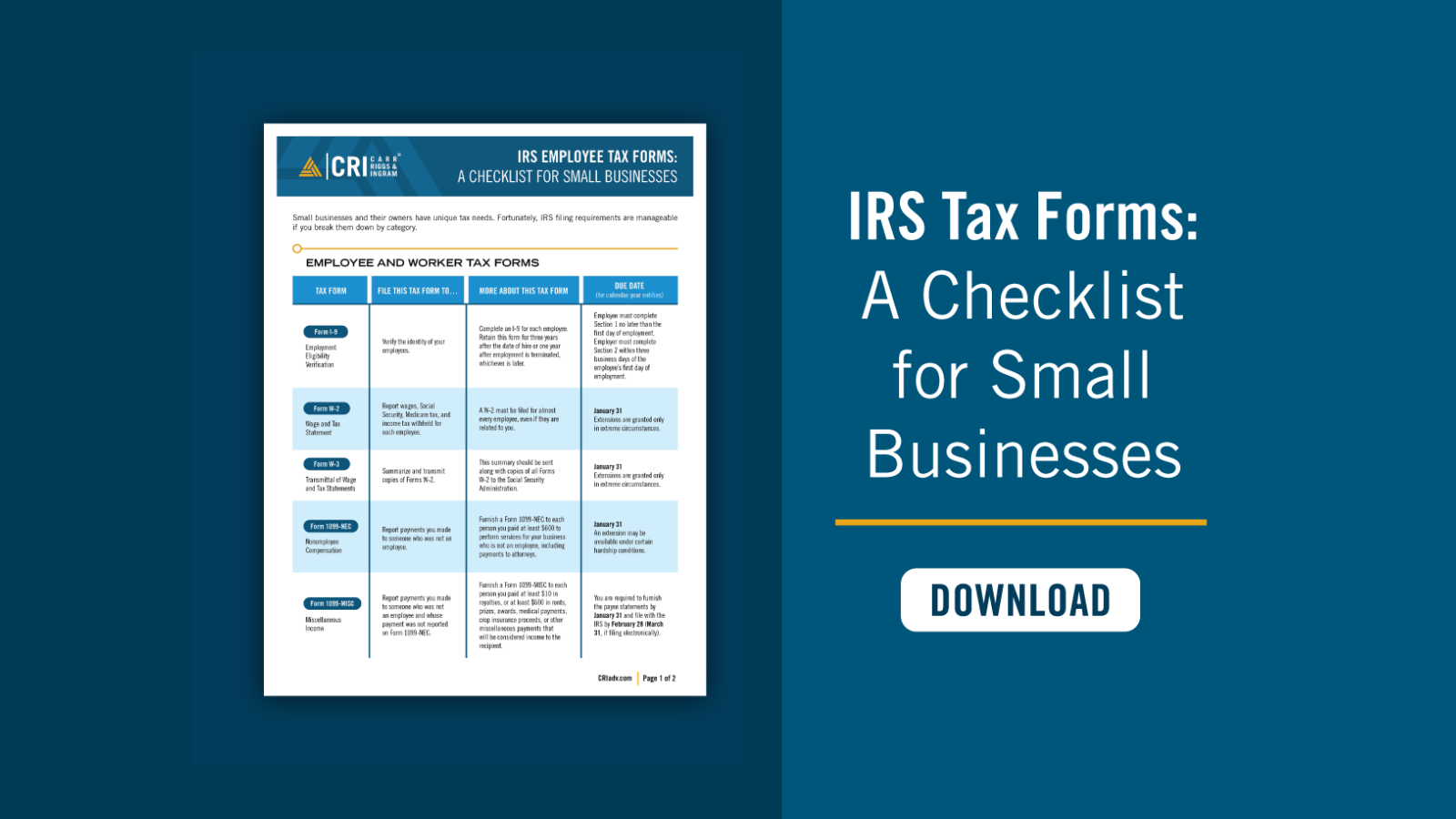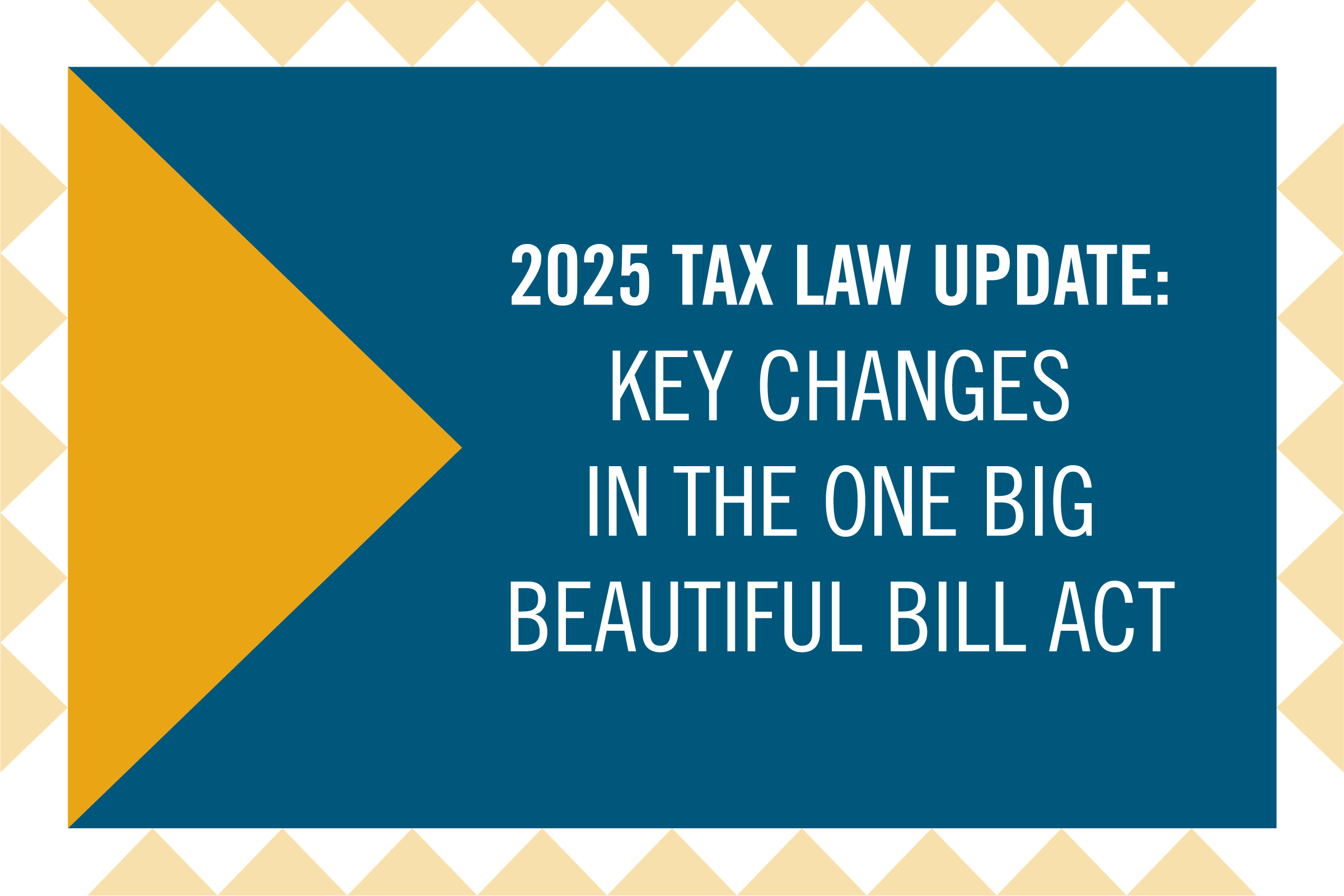What Every Physician Should Know Before Signing an Employment Contract
- Contributor
- Georgina Perry
Oct 22, 2025
Choosing the right employment path is one of the most important career decisions a physician will make. But the options extend beyond simply working for a hospital or running a private practice, each of which comes with unique challenges, benefits, and long-term implications. Fully understanding these considerations can help physicians protect their financial future, safeguard their autonomy, and ensure the best possible fit for their career goals.
Common Employment Options for Physicians
Physicians today face a broad spectrum of career paths, each with its own opportunities and trade-offs. Understanding the benefits and challenges of these employment models is the first step toward choosing the option that best fits your professional goals and lifestyle.
Health System Employment
Employment through a hospital or health system often appeals to those seeking stability and access to resources. Physicians typically enjoy access to advanced technology, administrative support, and an established referral network. Compensation typically includes a base salary, along with productivity or quality-based bonuses. However, physicians may feel constrained by corporate policies, limited autonomy in patient care decisions, and productivity metrics that focus heavily on volume.
Private Practice Employment
Joining an existing private practice provides the opportunity to work in a smaller, more personalized environment. Physicians often have closer relationships with patients and colleagues, and more influence over practice culture. On the downside, private practices may have fewer resources than hospitals, and financial performance depends heavily on payer mix, reimbursement rates, and efficient management. This model requires physicians to balance patient care with business considerations.
Practice Ownership or Purchase
Owning a practice—whether starting from scratch or buying into an existing group—offers the highest degree of independence. Physicians control how the practice is run, choose staff, set schedules, and build equity in the business. Yet ownership also entails the most significant financial and administrative responsibilities, including overseeing billing, compliance, payroll, and facility management. Physicians considering ownership must carefully analyze financial statements and assess the long-term viability of the practice before making a commitment.
Corporate Employment
Corporate-owned medical practices, management service organizations, and other investor-backed groups are becoming increasingly common. These organizations may offer attractive salaries, robust benefits, and opportunities for growth. However, they often operate with a business-first mindset, which may reduce a physician’s influence over clinical decision-making and introduce pressures tied to profitability and efficiency. Physicians should weigh whether this model aligns with their long-term values and professional goals.
Education and Research
Academic medicine offers physicians opportunities to teach, conduct research, and contribute to medical advancements while continuing to practice clinically. Compensation structures are typically lower than in private or corporate settings; however, the rewards include intellectual engagement, job security (in some cases), and the opportunity to influence future generations of physicians. Those who thrive in a collaborative, scholarly environment may find this path highly fulfilling.
Key Considerations Before Accepting a Position
When evaluating opportunities, it’s important that physicians consider factors beyond just salary. While it is an important factor, compensation alone doesn’t reflect the complete picture of career satisfaction or long-term stability. Issues such as organizational culture, financial health, workload expectations, and contract terms can have an even greater impact on your success.
Understand the Long-Term Fit
Before committing to a role, physicians should ask why the position is open and whether the circumstances point to long-term stability. Is the organization expanding to meet growing demand, or is it struggling with turnover? Equally important is the organization’s reputation in the community. A hospital, practice, or corporate group with a strong standing among patients and peers can set the stage for a more rewarding and secure career. At the same time, a troubled reputation may signal challenges that extend beyond the job description.
Physicians considering private practice opportunities or ownership should carefully review the practice’s financial condition. This includes requesting core financial statements such as the balance sheet and income statement, as well as accounts receivable reports and payer mix data. Month-by-month information on production, adjustments, payments, and outstanding receivables provides valuable insight into the practice’s sustainability and efficiency. A practice with strong collections, balanced payer sources, and manageable receivables is more likely to support long-term success. Conversely, weak financials may place an undue burden on new physicians and limit future growth.
Partnering with the Right Advisor
A physician’s employment contract is more than a job offer—it’s a negotiation that can shape the trajectory of your career. Navigating the financial, legal, and operational complexities requires more than a careful review of the fine print. That’s where CRI comes in.
Our Physician Services team works exclusively with physicians and physician groups to provide the clarity and protection you need at every stage of your career. From reviewing employment agreements and identifying hidden risks in compensation models to evaluating practice financials and payer mixes, we help ensure every opportunity is aligned with both fair market value and your long-term goals.
We provide a full suite of advisory services, including:
- Practice Valuation & Financial Review – Assessing whether a practice’s financials are accurate, sustainable, and aligned with fair market value.
- Employment Agreement Consultation – Translate legal terms and formulas into plain English and dollars and cents.
- Tax Planning & Compliance – Structuring compensation and benefits to maximize after-tax earnings while staying compliant.
- Strategic Growth & Succession Planning – Helping physician groups turn practice challenges into sustainable growth through data-driven strategy and healthcare-focused expertise.
- Medical Practice Feasibility and Start-Up Services – Guiding physicians through every step of launching a private practice with data-driven financial modeling and tailored start-up support.
With CRI on your side, you gain more than technical expertise—you gain a trusted partner dedicated to protecting your interests, reducing risk, and positioning you for lasting success. Our goal is to give physicians the clarity, tools, and confidence they need to pursue opportunities with peace of mind.
When You’re Ready to Take the Next Step, We’re Ready to Help
Every employment decision a physician makes carries long-term implications—not only for career growth, but also for financial health and personal fulfillment. Before making that critical move, connect with the our team of advisors to see how we can help you protect your interests and achieve lasting success. Whether you’re considering a new opportunity, exploring practice ownership, or planning for the future, our advisors are here to guide you with clarity and confidence.






